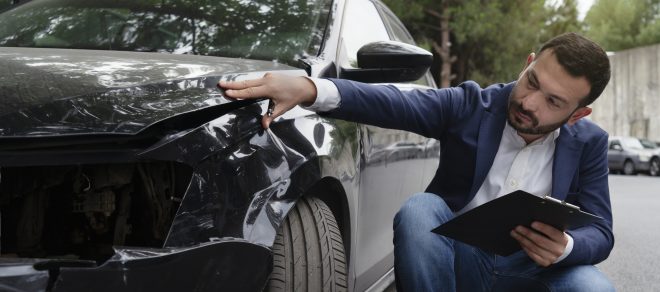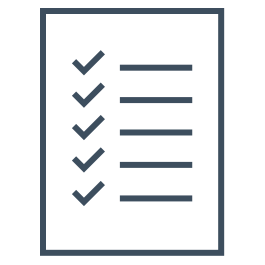It all depends on the type of property and your insurance contract. In general, items that are considered automobile equipment, as well as tools and accessories intended solely for car-related use, are covered by your automobile insurance—if, of course, your policy includes theft protection. This may include a child’s car seat if it is intended for use only in a vehicle.
On the other hand, sports equipment and the laptop are covered by your home insurance. If you do not have home insurance, these items will not be covered.
If your car has been robbed, talk to the claims adjuster assigned to your file about the best way to handle your claim. The adjuster will know how to advise you based on your specific situation.
 When renewing your insurance contract, talk with your damage insurance agent or broker about the items and equipment you regularly leave in your vehicle. Your professional will be able to tell you what is covered and by which insurance contract. He or she will also suggest the proper coverage to meet your needs.
When renewing your insurance contract, talk with your damage insurance agent or broker about the items and equipment you regularly leave in your vehicle. Your professional will be able to tell you what is covered and by which insurance contract. He or she will also suggest the proper coverage to meet your needs.



 To find out about the coverages included in your contract, contact your agent or broker. This certified professional is overseen by the ChAD. He or she will explain to you what your insurance contract contains and can advise you regarding coverage that fits your situation.
To find out about the coverages included in your contract, contact your agent or broker. This certified professional is overseen by the ChAD. He or she will explain to you what your insurance contract contains and can advise you regarding coverage that fits your situation.  To find out more about what you can do if you disagree with your insurer, read
To find out more about what you can do if you disagree with your insurer, read  When renewing your insurance contract, talk with your damage insurance agent or broker about the items and equipment you regularly leave in your vehicle. Your professional will be able to tell you what is covered and by which insurance contract. He or she will also suggest the proper coverage to meet your needs.
When renewing your insurance contract, talk with your damage insurance agent or broker about the items and equipment you regularly leave in your vehicle. Your professional will be able to tell you what is covered and by which insurance contract. He or she will also suggest the proper coverage to meet your needs.